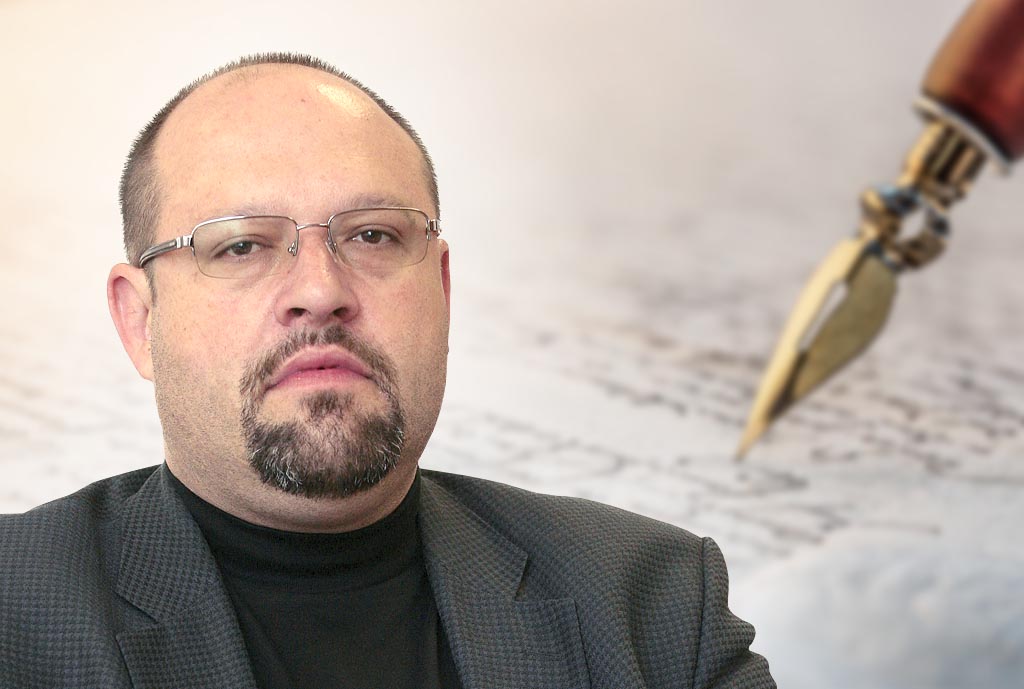By: Dr. Matevž Tomšič
Lately, the ruling authorities have been intensely trying to convince us how safe a country Slovenia is. In this regard, the Minister of the Interior, Boštjan Poklukar, stands out, which is understandable in a way, as maintaining order and security is a key task of his department. However, this is primarily an attempt to calm the public, which has been unsettled by certain recent events, particularly a murder in Ljubljana that appears to have been the work of criminal organisations. Such incidents ultimately erode citizens’ trust in law enforcement and those who direct them.
If we look at the matter from a comparative perspective, we can say that this claim is essentially true. When compared to the world, Slovenia still ranks among the safest countries. This also holds when compared to some developed Western nations, especially when comparing Slovenian cities with their metropolises. In the centre and most parts of Ljubljana, it is still possible to walk around fairly carefree even at night, as the likelihood of encountering violence is relatively low (this applies even more to other Slovenian cities). This is quite different from many European and American metropolises, where one must carefully plan where it is safe to go and where it is not; where so-called “no-go zones”, typically inhabited by people from the so-called Third World, have become breeding grounds for violence and crime (even security forces are often reluctant to enter these areas).
However, there are several facts indicating that the security situation in our country is not heading in the right direction. While one event – even if it is a mafia-style murder – cannot be used to judge the general state of affairs, other developments are cause for concern. In the Kočevje region, members of the Roma minority are making life difficult for locals with their behaviour, particularly through encroachments on property (or, to put it less politically correctly, through theft). The increase in illegal migration over the past two years has further worsened the security situation. There has been a rise in violent acts committed by migrants. While we said that Ljubljana is still relatively safe overall, this does not apply to the area of Vič, where the migrant centre is located. Recently, there was yet another incident in the city’s main shopping centre involving members of another minority – the Albanian community.
The main problem is that, in all these cases, a perception has been created that the authorities tasked with maintaining order are not in control of the situation. We have seen how members of the Roma community physically attacked police officers. Generally, public protests and demonstrations show that the police do not command much authority (in one case, participants even hung the flag of a foreign country on a police car). Without this authority, it is difficult for the police to fulfil their mission.
However, it appears there are also internal problems within the security agencies themselves. For example, at a recent protest by Janša supporters in front of the Celje courthouse, we saw a plainclothes police officer participating in the removal of one of the attendees without identifying himself and visibly carrying a weapon – both clear violations of protocol. Even more alarming is the report that a state prosecutor investigating the Slovenian branch of one of the most dangerous criminal organisations in the Balkans refused police protection, claiming that those assigned to protect her were, in fact, monitoring her (implying they were the source of danger). If even those working in law enforcement do not trust each other, it means something is deeply wrong with the system. Let us not forget that at the helm of the police is a man whose appointment was ruled illegal by the administrative court. It seems that Prime Minister Golob’s demand to “expel Janšists” from the police has only degraded professional standards. If Slovenia is still a safe country, it is not because of the actions of the current authorities but despite them.
